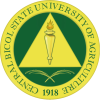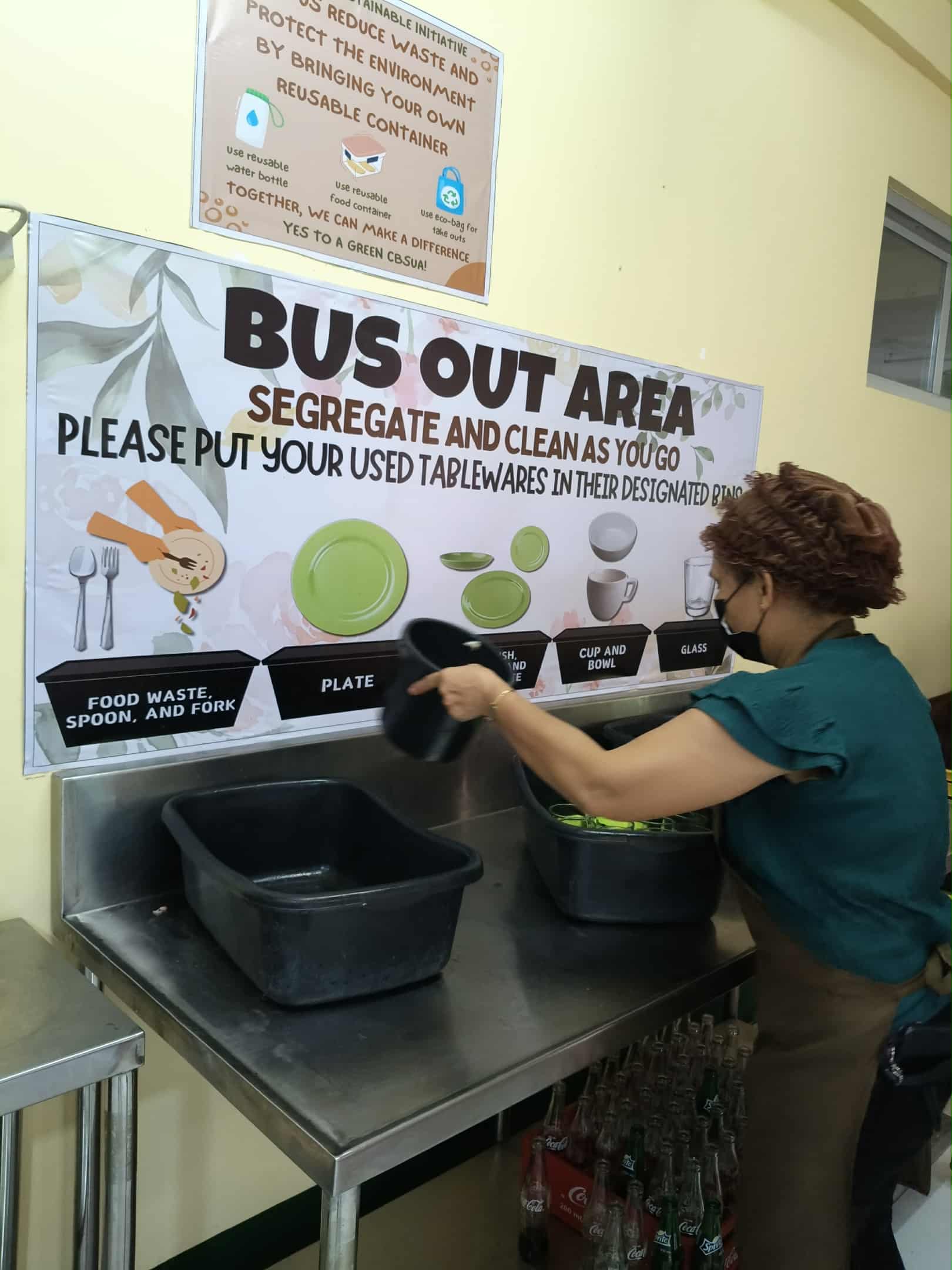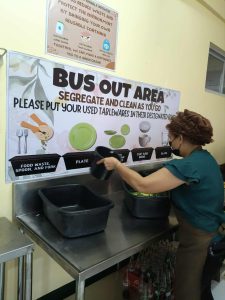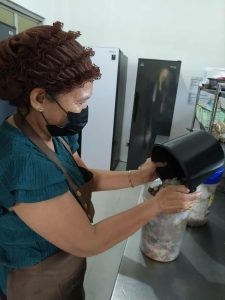The Central Bicol State University of Agriculture (CBSUA) continues to lead in sustainable practices by transforming food waste into valuable resources. Spearheaded by the CBSUA Resilience Center, the university has implemented initiatives to reduce food waste while educating the campus community on its environmental and social impact.
This year, CBSUA generated 118.24 metric tons of food waste, mainly biodegradable materials such as food scraps. Instead of sending it to landfills, the waste is repurposed as compost for campus farms or converted into feed for vermi worms and swine. This approach reduces environmental impact, strengthens the university’s circular economy, and benefits agriculture, research, and community programs.
These initiatives are part of CBSUA’s broader commitment to sustainability, aligning with international environmental management standards such as ISO 14000. Sustainability at CBSUA extends beyond food waste management. The university promotes water and energy conservation, promptly repairs leaks, utilizes rainwater for cleaning, regulates air conditioning use, and observes initiatives such as “Earth Hour.” Strict guidelines against open burning, vehicle idling, and excessive noise help maintain a healthy campus environment.
Environmental education is also central. Students, staff, visitors, and stakeholders are regularly oriented on sustainability policies, with violations addressed through fines or community service, fostering responsible environmental behavior.
Through these measures, CBSUA demonstrates that sustainability is more than policy—it is a culture. By systematically managing food waste and integrating eco-friendly practices throughout campus operations, the university sets a model for resilient, environmentally responsible, and sustainable practices that also contribute to SDG 2: Zero Hunger.





